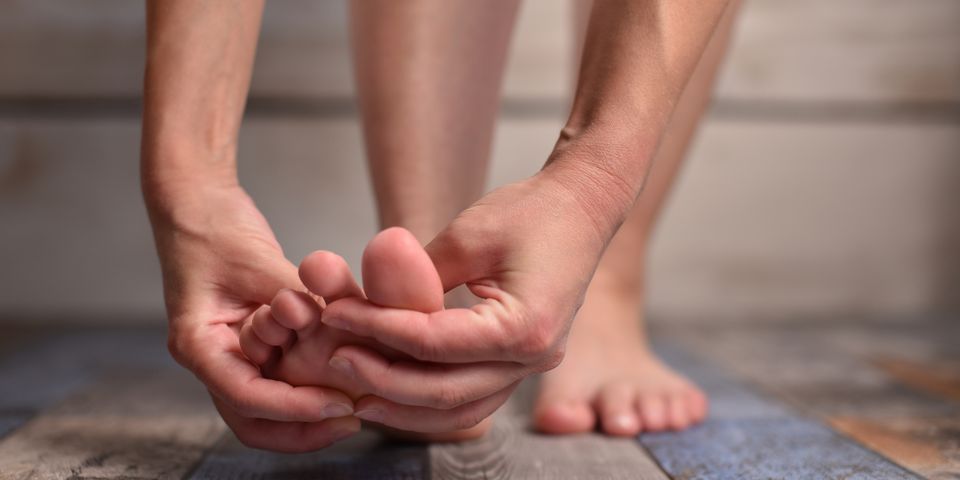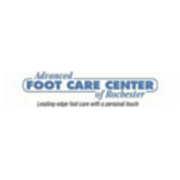
Hammertoe is a condition in which one of your toes, usually the second or third, develops a kink in its middle joint and begins to curve downward. This can cause discomfort and difficulty in moving the affected toe and can also result in corns or calluses due to friction between the toe and your shoe. This deformity normally evolves gradually, although it can be present at birth. Here's a closer look at this abnormality.
What Causes Hammertoe to Develop?
Injury, such as a fracture, is a common risk factor that dramatically increases your likelihood of developing this condition. The injury itself, however, will not cause hammertoe. Another common culprit is wearing shoes that force your toes to remain bent, such as styles with high heels or snug toe boxes. This can prevent the toes from straightening over time.

People who wear tight shoes are also at greater risk of developing a bunion. This is a bone deformity that forms at the base of the big toe, causing it to slant inward slightly. Over time, the problem may lead to hammertoe as well. Other at-risk populations include older individuals and women, along with those who have diseases like arthritis and diabetes.
How Can You Prevent the Condition?
The best way to avoid this painful issue is to wear shoes that fit properly. Try to measure your feet at night since they tend to swell as the day progresses. Also, it’s a good idea to measure them regularly because their size can change over time.
Your goal should be to avoid forcing your toes into awkward positions. Look for shoes with low-profile heels no higher than 2 inches, with plenty of wiggle room in the toe box. This will also go a long way in preventing bunions. If you do happen to have the latter concern, avoid wearing heels and tight shoes altogether.
If you think you may have hammertoe and need a podiatrist, turn to Dr. Joseph G. DiPrima at Advanced Foot Care Center of Rochester. With locations in Fairport and Rochester, NY, Dr. DiPrima has all your foot care needs covered, from ingrown toenails to plantar fasciitis. Visit the center’s website to learn more about their services, or call (585) 249-0020 to schedule an appointment today.
About the Business
Have a question? Ask the experts!
Send your question

